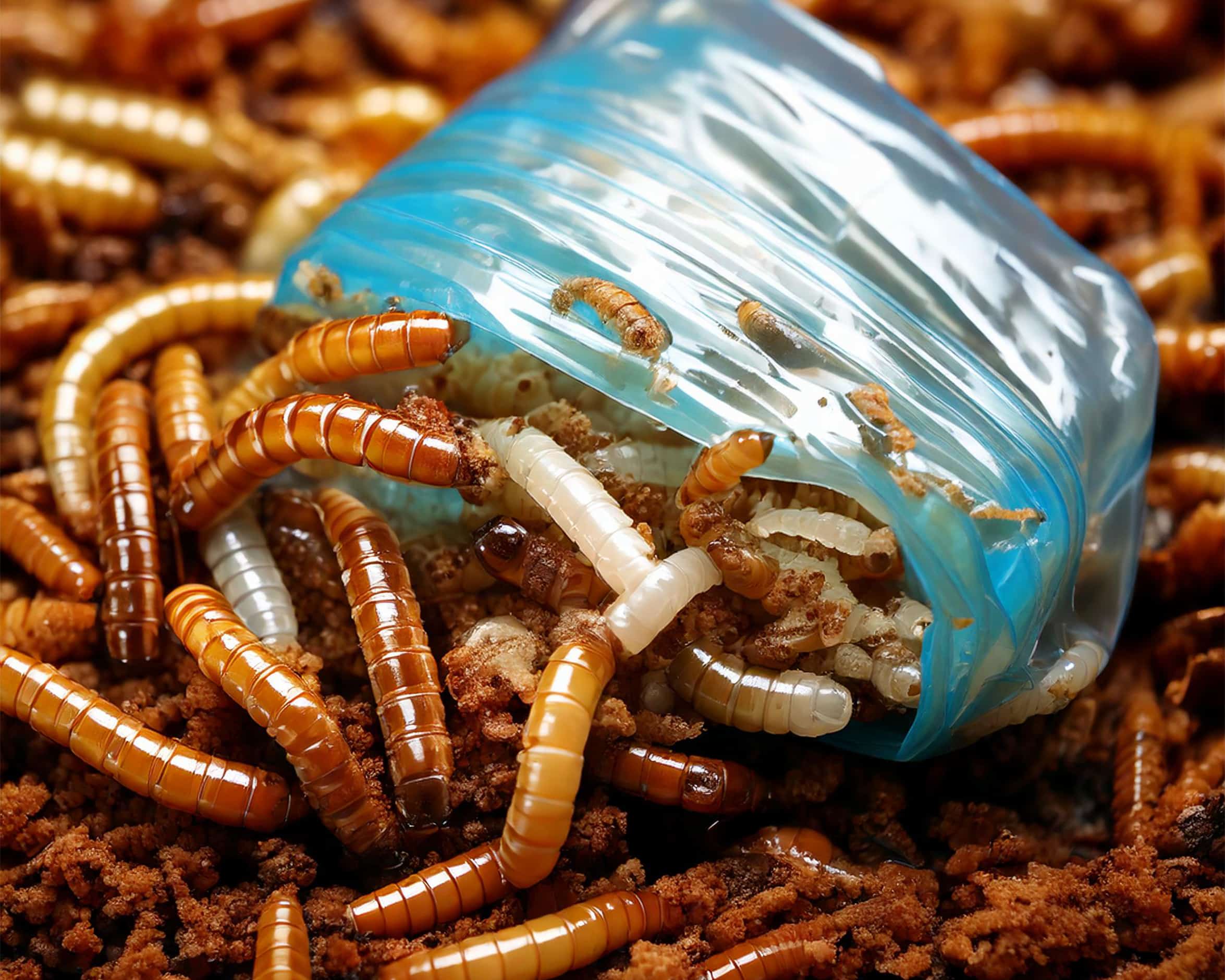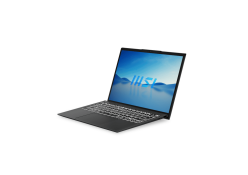A recent discovery in Kenya could offer a new weapon in the battle against plastic pollution: mealworm larvae capable of consuming polystyrene, commonly known as Styrofoam.
This is the first time an insect species native to Africa has been found to degrade this persistent plastic, which is notoriously difficult and costly to recycle.
Polystyrene is widely used in packaging and can take hundreds of years to break down. Traditional recycling methods often involve harmful processes. In contrast, biological solutions, like using insects, offer a potentially more efficient and environmentally friendly alternative.
Researchers from the International Centre of Insect Physiology and Ecology discovered that the Kenyan lesser mealworm larvae (Alphitobius) can digest polystyrene. These insects host specific bacteria in their guts that help break down the plastic. The study also found that when fed a balanced diet of polystyrene and bran, the mealworms consumed plastic more efficiently, breaking down approximately 11 per cent over a month-long trial.
The gut bacteria in these mealworms, including Kluyvera, Lactococcus, and Klebsiella, can all produce enzymes capable of digesting synthetic plastics. This microbial process may be key to developing scalable solutions for plastic waste. Rather than releasing millions of insects into waste sites, the bacteria and enzymes could be isolated and applied in factories, landfills, and clean-up efforts.
This discovery could be particularly significant for Africa, where plastic pollution is escalating due to high plastic imports and limited recycling infrastructure.
Understanding and harnessing these natural ‘plastic-eaters’ could provide a sustainable, large-scale solution to tackling plastic waste, offering hope for more effective environmental management across the continent.
By Mecayla Maseka
Images: Adobe Firefly
Also read: Science, tech, and research news you may not know







